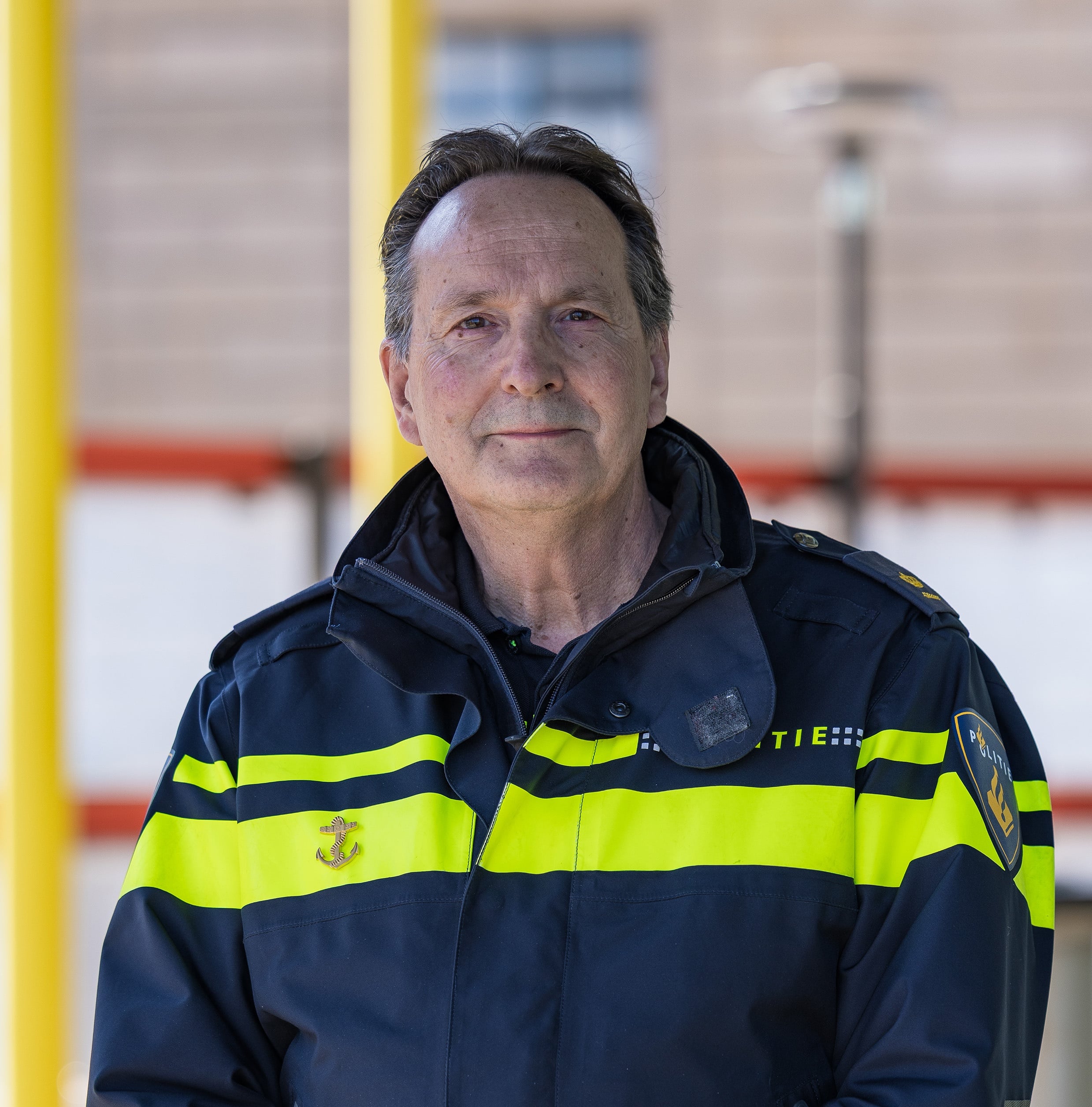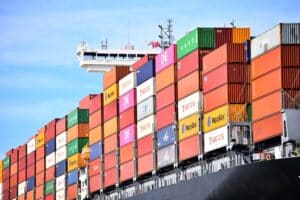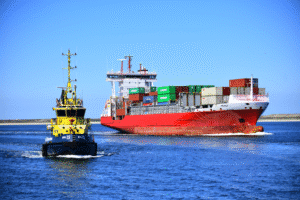“We’ve experienced hundreds of incidents involving PIN code fraud in the port in the past,” says Jan Janse, Head of Seaport Police Rotterdam. “But with the introduction of the Secure Chain for container cargo from South America, the issue was eliminated overnight.”
According to Janse, the Secure Chain is a prime example of a successful public/private cooperation. “For me, public–private cooperation means partners jointly taking on a project, investing in it together and, when necessary, going the extra mile to make it succeed.” This is exactly what happened regarding the implementation of the Secure Chain, he concludes. “As a result, both the port and the wider logistics chain have become demonstrably more secure.”
‘Investigation as a service’
The Seaport Police sowed the seed for what would ultimately become the Secure Chain. “Catching as many criminals as possible is one thing, but preventing opportunities for misuse is even better. In a nutshell, that has been our philosophy for the last ten years. Our main aim when catching criminals is to understand how misuse occurs. Next, we can inform companies about breaches in their security and tell them how to fix these. Someone once referred to this as ‘investigation as a service’ – not investigating criminals just to prosecute them, but to gain insight into weak spots in the logistics chain.”
‘Catching as many criminals as possible is one thing, but preventing opportunities for misuse is even better’
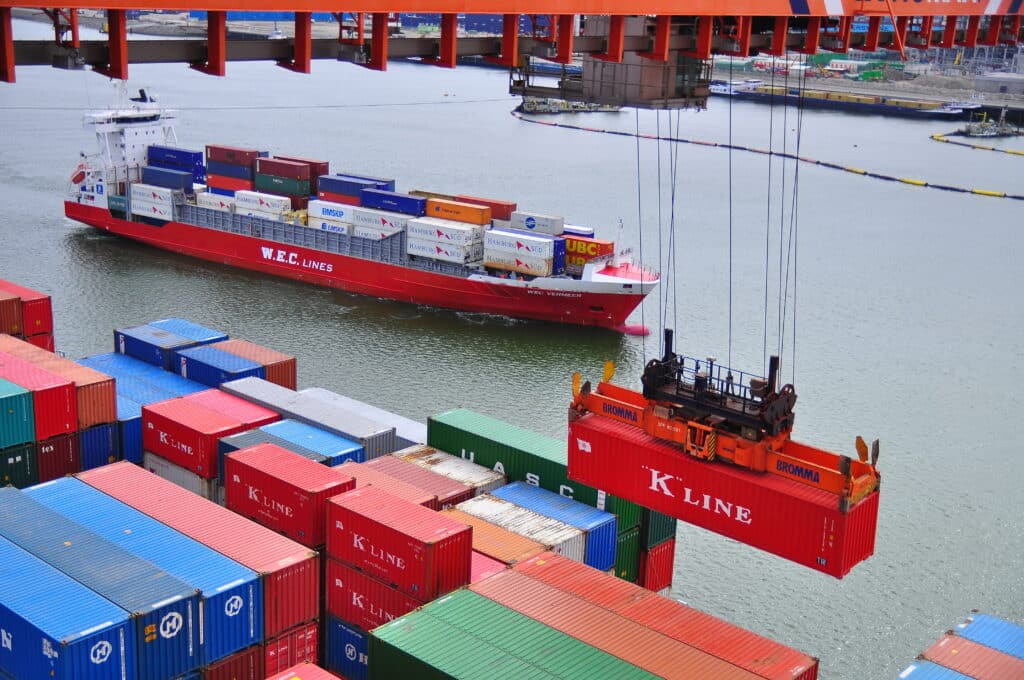
“For example, take PIN code fraud,” Janse continues. “Initially, we spent a lot of time thoroughly investigated this issue. Until we understood how it worked, that is. Then we informed all parties involved, making it clear that it was now up to them to fix any breaches. Far too many people in the logistics chain had access to the PIN codes for the collection of containers. There were no safeguards in place in this respect whatsoever.”
Working with the business community
“Through intensive discussions, the port business community came to understand that their existing processes would need to change – both to protect their own employees and to safeguard the logistics processes of clients. Janse: “All parties were highly receptive to this. While discussing the matter, they developed a different logistics process, which ultimately became the Secure Chain. As the Seaport Police, one of our roles was to repeatedly communicate to companies that non-participation was not an option if they wanted to protect their employees.”
Significant reduction in crime-related nuisance
Criminals primarily used PIN code fraud to have rogue transporters pick up containers with bags of cocaine at the terminals. After the container had been collected, the drugs were retrieved and the legitimate cargo was delivered as usual. “Once a method proves effective, it rapidly spreads.”
Since the actual implementation of the Secure Chain for containers from South America, the Seaport Police has not encountered any new cases of PIN code fraud. The use of Trojan horse schemes has stopped as well. In this method, transporters bring an empty container with drug collectors onto the terminal. They next transfer cocaine that is hidden in a container to another container which is then collected.
‘The phenomenon of drug collectors hasn’t been fully eliminated in Rotterdam, but it has become much less common’
The Secure Chain has made these so-called rip-on, rip-off methods virtually impossible, observes Janse. “The phenomenon of drug collectors hasn’t been fully eliminated in Rotterdam, but it has become much less common. The terminals are seeing a strong drop in crime-related nuisance. This frees up police capacity for other tasks. Every collector we arrest means three days of work for us. In a bad year, we would maybe arrest 400 drug collectors. In 2025, that number could fall to 100 – that’s 300 fewer arrests times three days.”
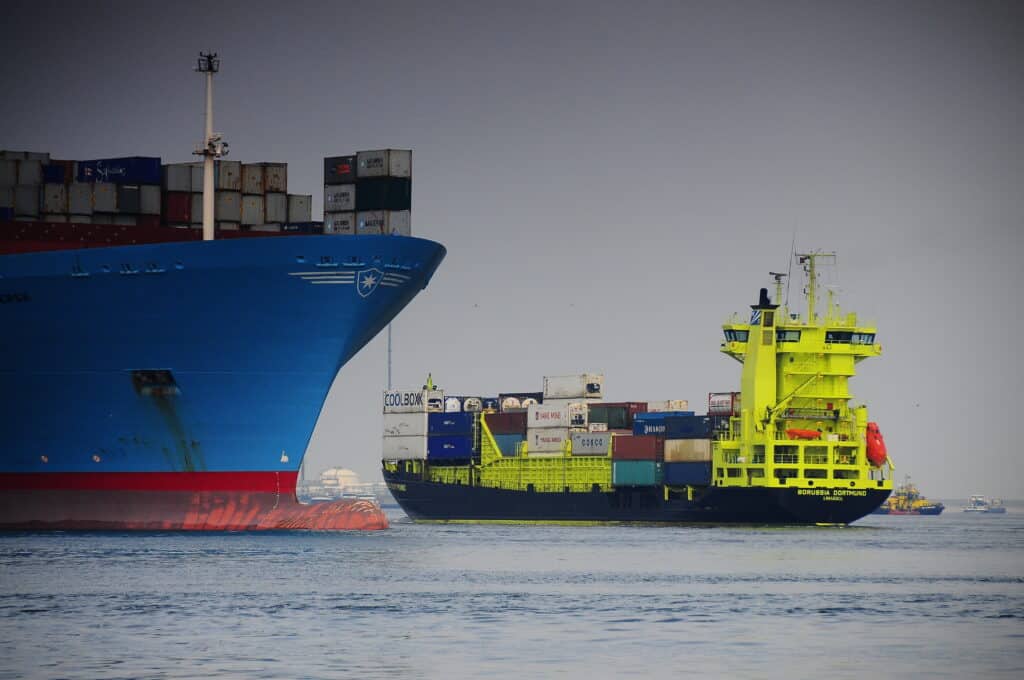
Bringing shortsea into the fold
“The major container terminals have clearly become more secure and the likelihood of shipping line employees being approached by criminals has decreased. At the same time, further efforts are still required elsewhere in the chain to combat criminal infiltration,” summarises Janse. “Criminals always look for the weakest link. Therefore, the effort to include shortsea shipping in the Secure Chain is definitely a positive step. We haven’t made many large seizures in this sector yet, but we do know that routes are shifting. Whereas cocaine used to be directly shipped from South America by deepsea vessel, drug shipments are now first moved from Brazil to Africa. There, the cocaine is transhipped to another vessel offshore or unloaded in a port and transported onward by shortsea vessel. We must remain extremely vigilant on these high-risk routes. Water always takes the path of least resistance. If shortsea shipping lines are not resilient, they can very quickly become targets. It is therefore very positive that the Secure Chain is now focusing on shortsea as well.”
‘If shortsea shipping lines are not resilient, they can very quickly become targets’
Looking to the future, speed is of the absolute essence, Janse wants to convey to the business community. “I’m extremely pleased with the collaboration, commitment and input of all parties. But ultimately, it still took five years to implement the Secure Chain. When you see how quickly criminals operate, we need to be able to join forces and arrive at measures much more rapidly. Otherwise, we will always be one step behind.”
